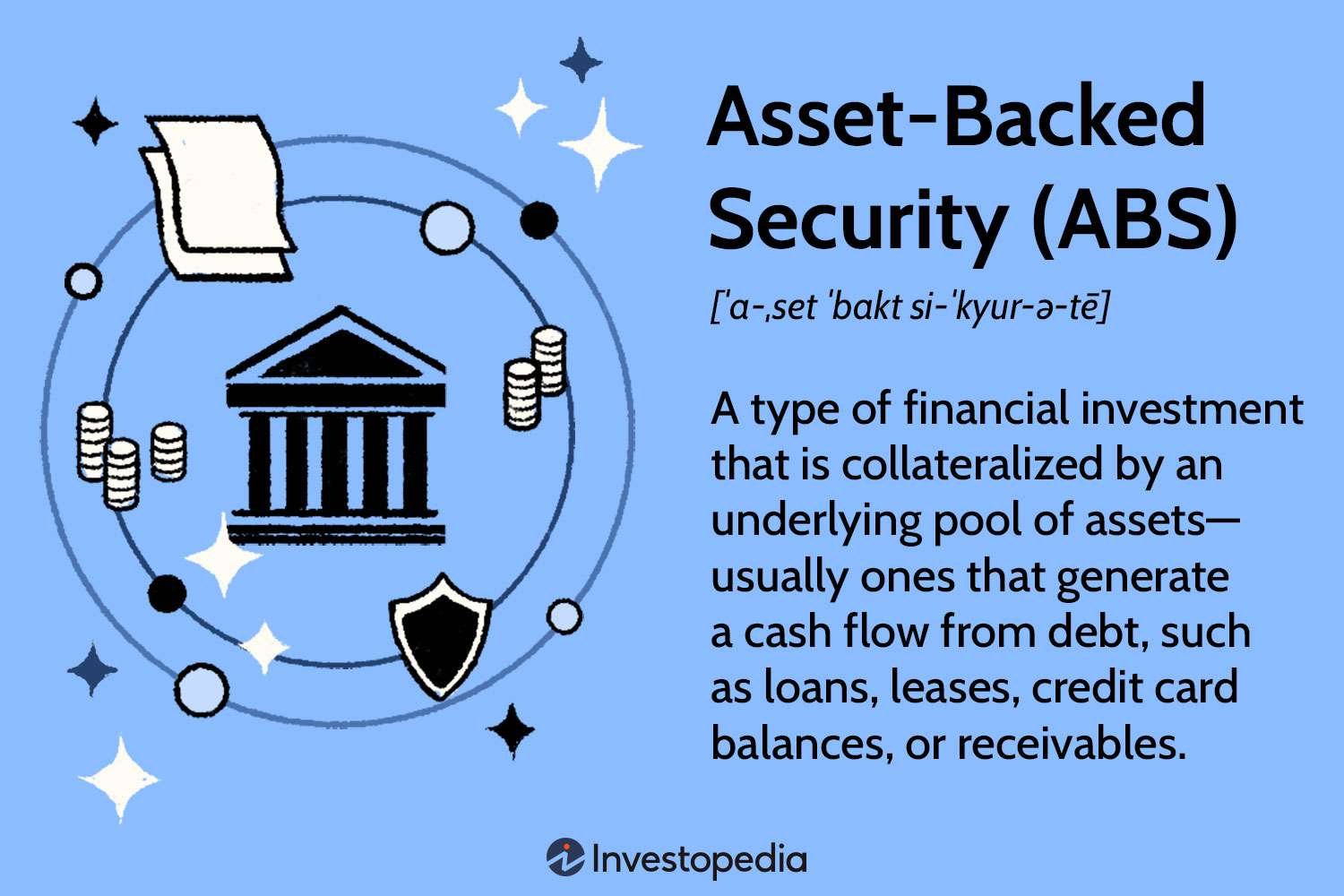Looking for ways to protect your finances during inflationary periods? We’ve got you covered! In this article, we will discuss practical strategies on how to prepare for inflationary periods and safeguard your hard-earned money. From adjusting your investment portfolio to diversifying income sources, we’ll explore various proactive steps you can take. Don’t worry, we won’t bore you with jargon or complicated theories. Our aim is to provide simple, actionable advice that anyone can implement. So, let’s dive in and learn how to navigate inflationary periods like a pro!
How to Prepare for Inflationary Periods
With the ever-changing economic landscape, it’s essential to be prepared for potential inflationary periods. Inflation occurs when there is a sustained increase in the general price level of goods and services in an economy over time. This means your money loses purchasing power as prices rise. While it may seem daunting, there are proactive steps you can take to protect your finances and even capitalize on inflationary periods. In this article, we will explore various strategies and tools that can help you navigate and prepare for inflation.
Understanding Inflation and Its Causes
Before we dive into the preparations, it’s important to have a basic understanding of inflation and its underlying causes. Inflation is influenced by numerous factors, including:
- Monetary policy: The actions taken by central banks to control interest rates, money supply, and lending policies have a significant impact on inflation.
- Supply and demand imbalances: When demand for goods and services outweighs supply, prices tend to rise. Factors such as population growth, scarcity of resources, and disruptions in supply chains can contribute to imbalances.
- Cost-push inflation: This occurs when the cost of production, such as wages, raw materials, or energy, rises, leading to higher prices for consumers.
- Inflation expectations: Public perception of future inflation can influence current prices. If people anticipate higher prices, they may adjust their spending habits, leading to a self-fulfilling prophecy.
By understanding these causes, you can better prepare for the potential impact of inflation on your finances.
1. Diversify Your Investments
Investing your money wisely is key to combatting the erosion of purchasing power during inflationary periods. Here are some strategies to consider:
1.1. Stocks
Investing in stocks can be an effective hedge against inflation. Companies can adjust their prices and generate higher revenues in inflationary periods. Look for industries that perform well during inflation, such as commodities, energy, and technology. Consider diversifying your portfolio with a mix of growth stocks and dividend-paying stocks.
1.2. Real Estate
Real estate is another asset class that is known to perform well in inflationary periods. As prices rise, so does the value of properties. Consider investing in real estate investment trusts (REITs) or purchasing rental properties to benefit from potential rental income and property appreciation.
1.3. Bonds
While inflation erodes the purchasing power of fixed-income investments like bonds, there are alternatives to consider. Treasury Inflation-Protected Securities (TIPS) and inflation-linked bonds are specifically designed to keep pace with inflation, offering investors protection against rising prices.
1.4. Commodities
Investing in commodities like gold, silver, oil, or agricultural products can provide a hedge against inflation. These tangible assets often increase in value as inflation rises. Consider allocating a portion of your portfolio to commodities or investing in commodity-focused exchange-traded funds (ETFs).
2. Save and Invest in High-Yield Accounts
Saving and investing in high-yield accounts can help you combat the effects of inflation on your cash reserves. Consider the following options:
2.1. High-Yield Savings Accounts
Opt for savings accounts that offer higher interest rates compared to traditional savings accounts. These accounts can help you keep up with inflation over time.
2.2. Certificates of Deposit (CDs)
CDs are time deposits offered by banks and credit unions. They provide higher interest rates compared to regular savings accounts, and you earn interest for a fixed period. Consider investing in CDs with longer terms to maximize your returns.
2.3. Money Market Accounts
Money market accounts are similar to savings accounts but typically offer higher interest rates. They often come with check-writing privileges and limited withdrawal restrictions.
2.4. Peer-to-Peer Lending
Consider diversifying your investment portfolio by participating in peer-to-peer lending platforms. These platforms connect borrowers directly with lenders, offering potentially higher returns compared to traditional savings accounts.
3. Reduce Debt and Increase Emergency Savings
During inflationary periods, the cost of borrowing can increase. To protect your finances, focus on reducing debt and building emergency savings:
3.1. Pay Down High-Interest Debt
Prioritize paying off high-interest debt, such as credit card balances or personal loans. With rising inflation, the interest rates on these debts can become even more burdensome.
3.2. Build an Emergency Fund
Having an emergency fund is crucial during inflationary periods. Aim to save at least three to six months’ worth of living expenses in a liquid and easily accessible account. This fund can cushion any unexpected financial setbacks.
4. Adjust Your Budgeting and Spending Habits
During inflationary periods, it’s important to reassess your budgeting and spending habits:
4.1. Monitor Price Changes
Keep an eye on price changes for essential goods and services. By staying informed, you can adjust your budget accordingly and make more mindful purchasing decisions.
4.2. Prioritize Essential Spending
Focus on essential spending and cut back on discretionary expenses. Prioritize your needs over wants, and avoid unnecessary purchases during periods of inflation.
4.3. Look for Cost-Saving Alternatives
Consider exploring cost-saving alternatives, such as buying generic brands, shopping at discount stores, or utilizing coupons. These small changes can add up and help mitigate the impact of inflation on your wallet.
4.4. Negotiate or Shop Around
When purchasing big-ticket items or services, don’t hesitate to negotiate prices or shop around for better deals. With inflation, businesses may be more willing to negotiate to secure customers.
5. Maintain a Long-Term Investment Strategy
While short-term fluctuations in prices may occur during inflationary periods, it’s important to maintain a long-term investment strategy:
5.1. Stay Invested
Avoid making knee-jerk reactions to short-term market fluctuations caused by inflation fears. Staying invested in the market over the long term allows you to capture the potential growth and higher returns that often follow inflationary periods.
5.2. Rebalance Your Portfolio
Regularly review and realign your investment portfolio to ensure it aligns with your risk tolerance and long-term goals. Consider rebalancing your portfolio to maintain diversified investments across different asset classes.
5.3. Seek Professional Financial Advice
If you’re unsure about how to navigate inflationary periods or need personalized guidance, consider seeking advice from a professional financial advisor. They can provide valuable insights and help tailor a strategy that fits your specific financial situation.
Preparing for inflationary periods requires a proactive approach to safeguard your finances and make the most of potential opportunities. By diversifying your investments, saving in high-yield accounts, reducing debt, adjusting your budget, and maintaining a long-term investment strategy, you can navigate inflationary periods with confidence. Stay informed, be adaptable, and consider seeking professional guidance to ensure you’re prepared for the challenges and potential benefits that inflation may bring.
HOW To Protect Your Money! (1970’s Lessons During a HIGH Inflation Period)
Frequently Asked Questions
Frequently Asked Questions (FAQs)
How can I prepare for inflationary periods?
Taking measures to prepare for inflation can help protect your finances. Here are some important steps you can take:
What is inflation and how does it impact me?
Inflation refers to the increase in the prices of goods and services over time. It reduces the purchasing power of money, which means your money will buy less in the future.
Should I invest in stocks during inflationary periods?
Investing in stocks during inflationary periods can be a good strategy. Historically, stocks have shown the potential to outperform inflation over the long term. However, it’s important to consider your risk tolerance and diversify your investments.
What are some investment options to consider during inflation?
Investing in assets that tend to perform well during inflation can be beneficial. Some options to consider include real estate, commodities, inflation-protected securities (TIPS), and dividend-paying stocks.
How can I protect my savings from the effects of inflation?
To protect your savings from inflation, consider investing in assets that have historically provided a hedge against inflation. These may include real estate, Treasury Inflation-Protected Securities (TIPS), and certain commodities.
Is it advisable to take on debt during inflationary periods?
Inflation erodes the value of money over time, which can make debt more manageable. However, it’s essential to carefully evaluate your financial situation and ensure you can comfortably manage the debt repayments in the face of potential interest rate hikes.
Should I adjust my budget during inflationary periods?
During inflationary periods, it is prudent to review and adjust your budget accordingly. Allocate more funds for essential expenses and be conscious of price increases when planning discretionary spending.
What steps can I take to protect my retirement savings during inflation?
To protect your retirement savings during inflation, consider diversifying your portfolio, aligning your investments with assets that tend to perform well during inflation, and regularly reviewing and rebalancing your retirement accounts.
What is the importance of emergency savings during inflationary periods?
Having emergency savings is crucial during inflationary periods. It provides a financial buffer to cover unexpected expenses and helps avoid the need to rely on debt to manage emergencies. Aim to maintain an emergency fund that covers at least three to six months of living expenses.
Final Thoughts
In conclusion, preparing for inflationary periods is essential to safeguard one’s financial well-being. To navigate these challenging times, individuals can consider taking the following steps. Firstly, diversify their investments by allocating funds into various asset classes such as stocks, bonds, and real estate. Secondly, reducing debt and maintaining a strong credit score can help mitigate the impact of rising prices. Lastly, regularly reassessing and adjusting one’s budget to account for potential inflationary pressures is crucial. By proactively implementing these strategies, individuals can better protect their finances and be better equipped to face inflationary periods with confidence.



